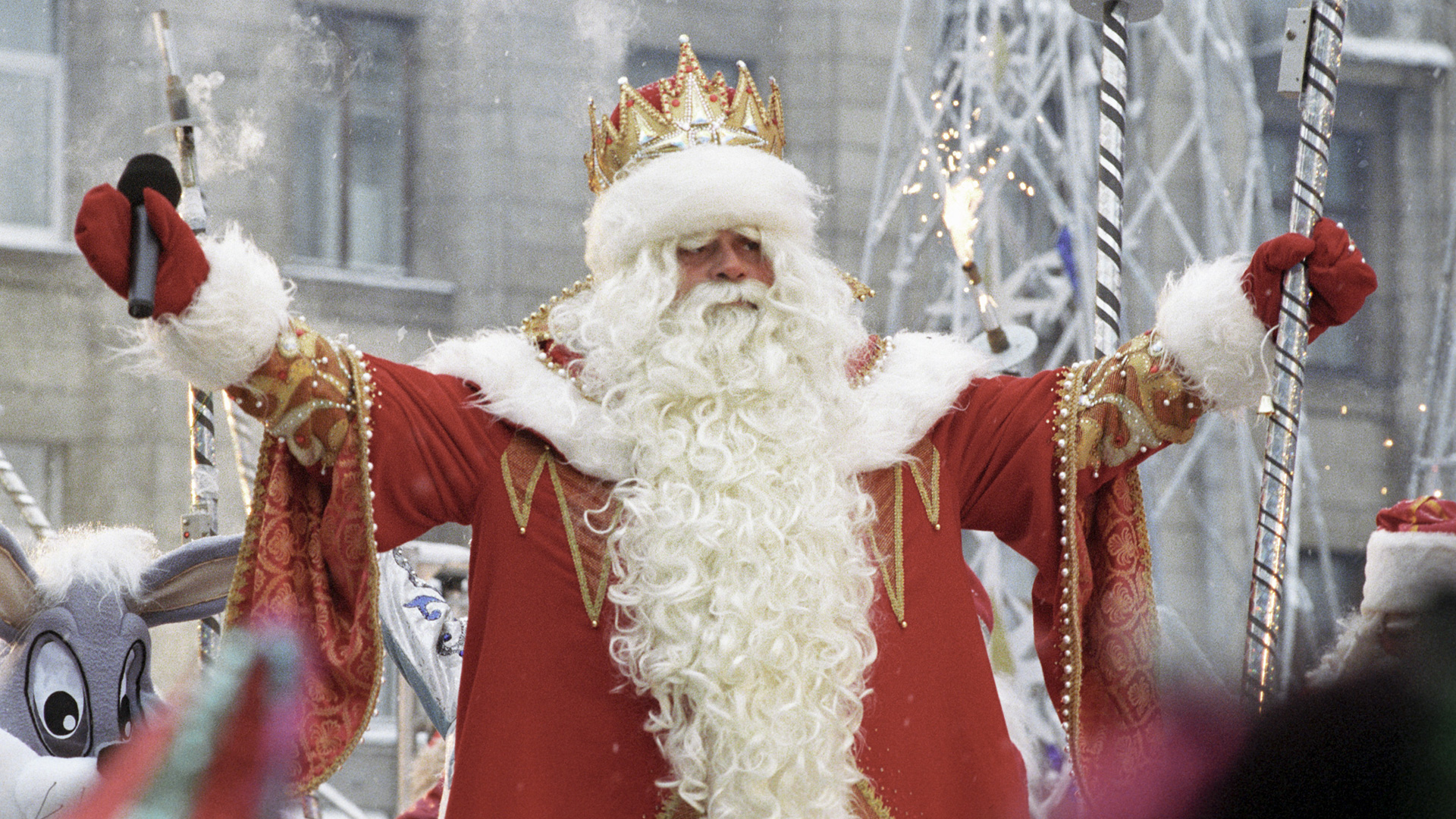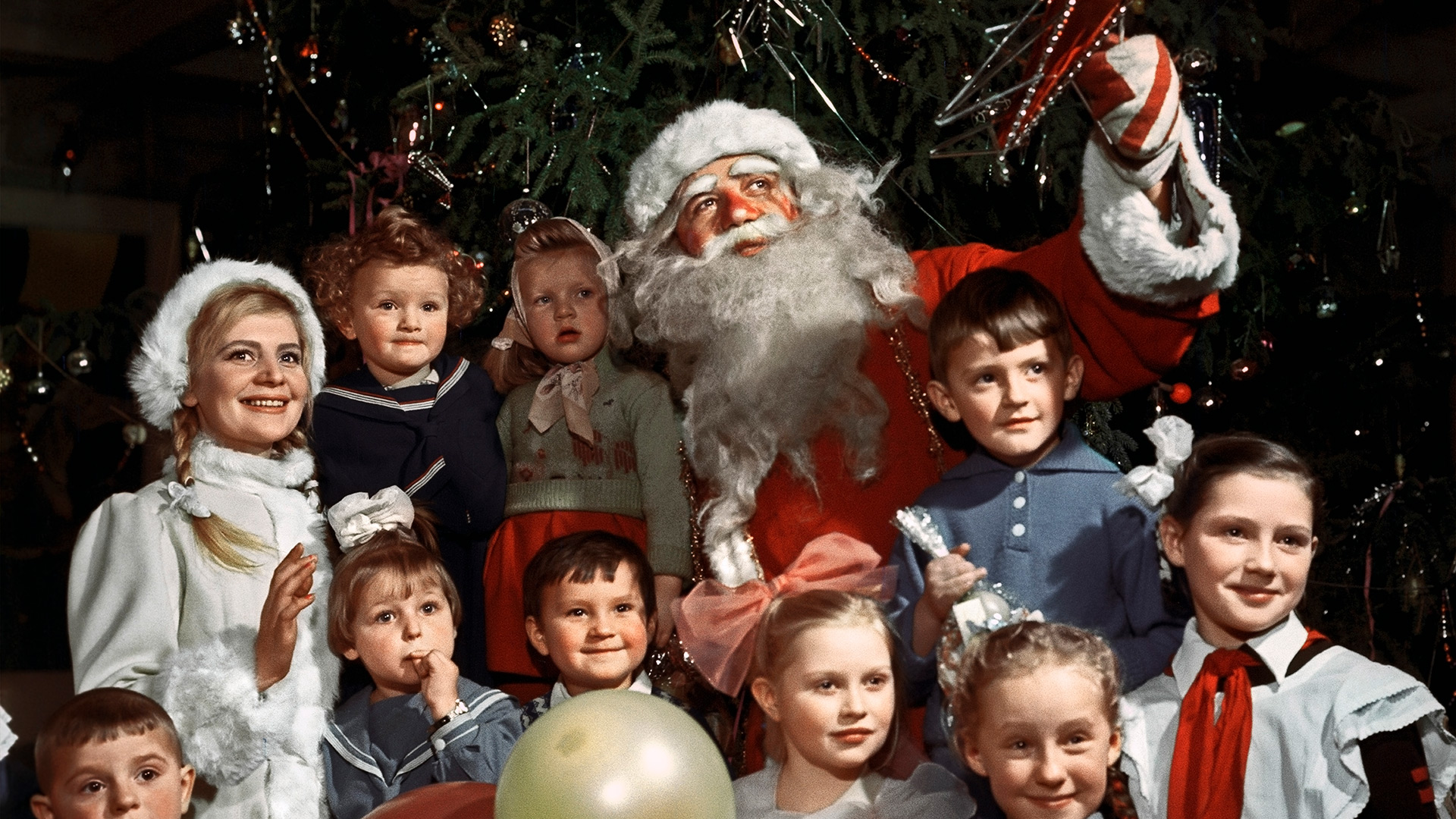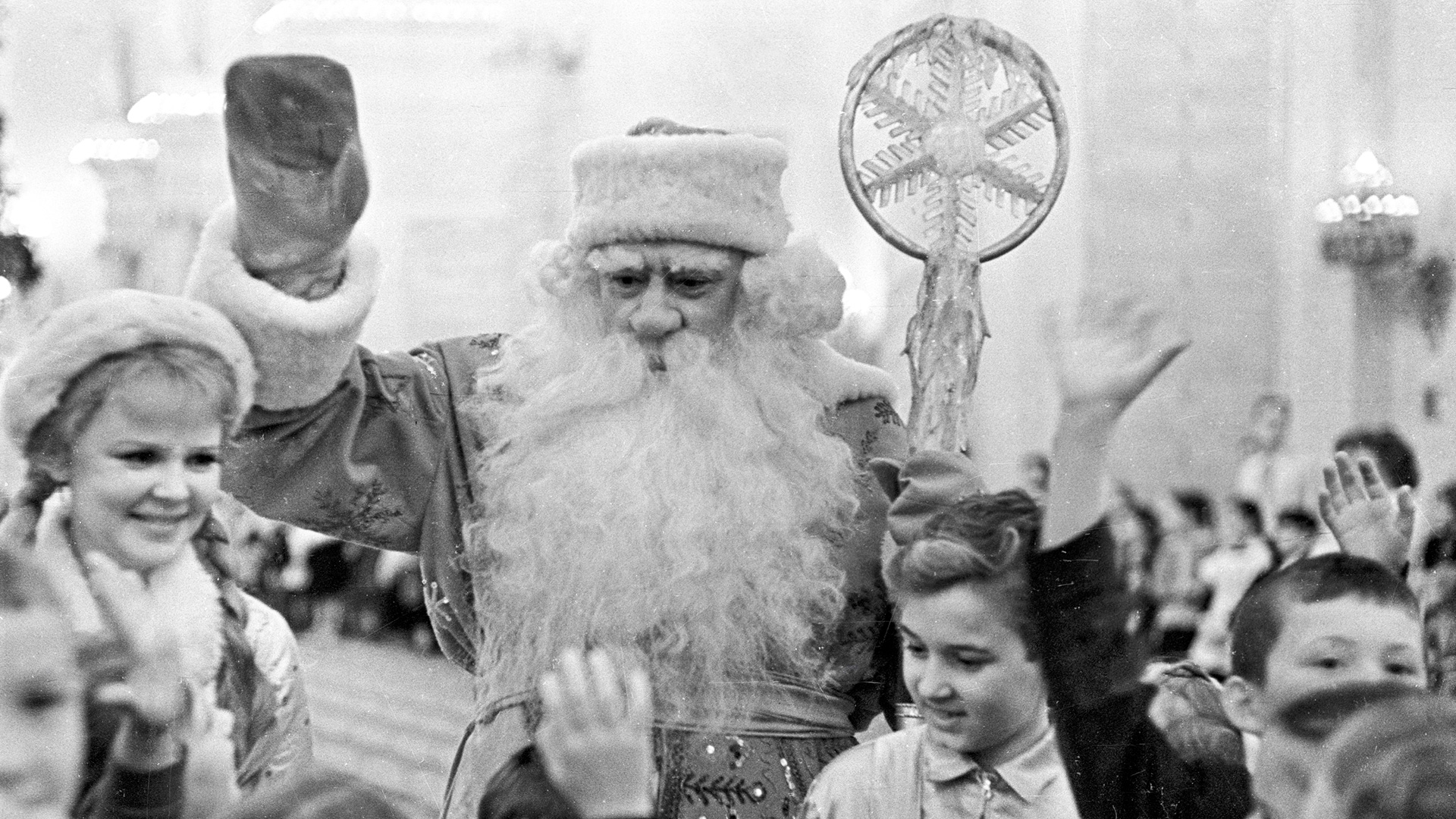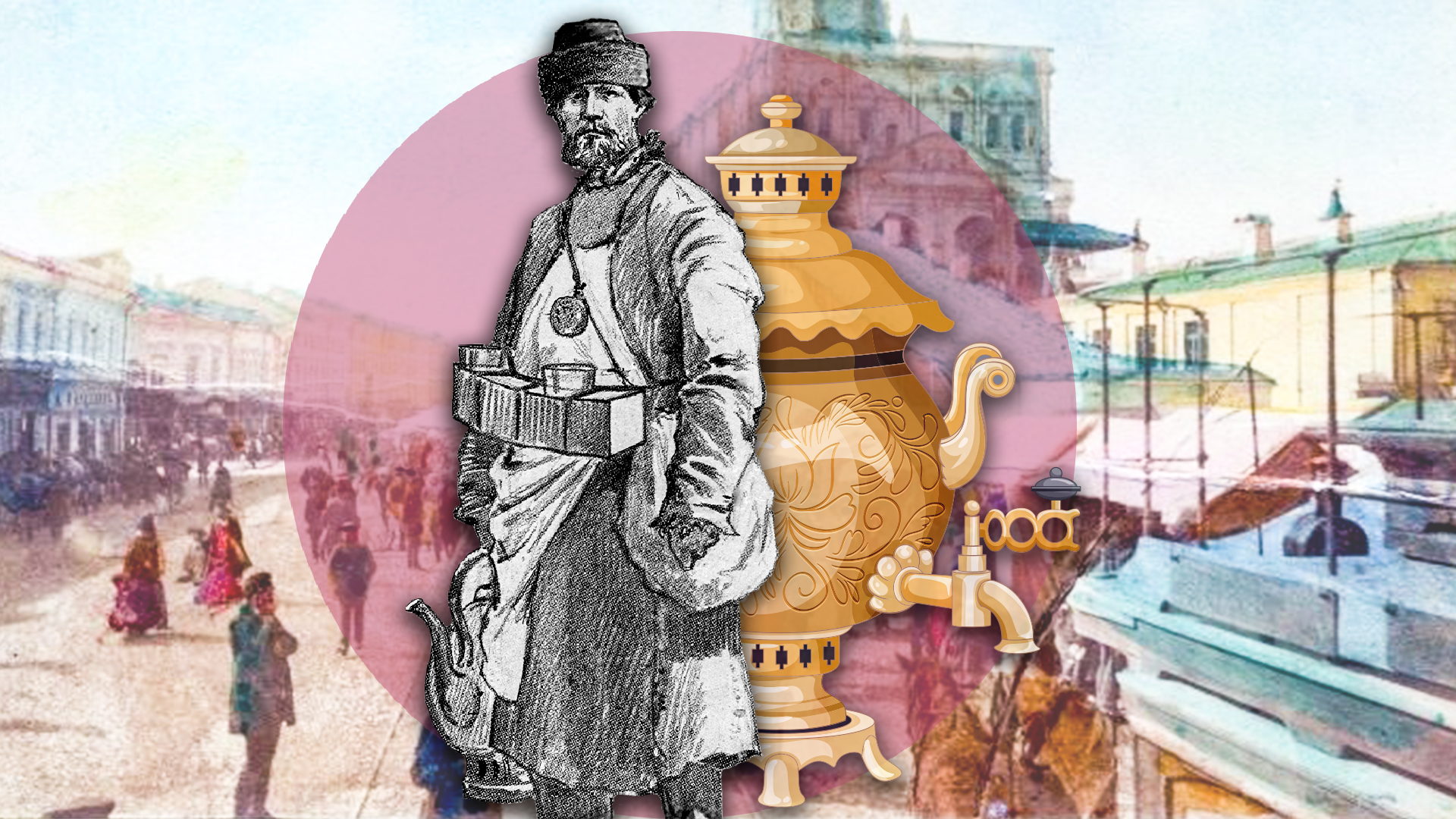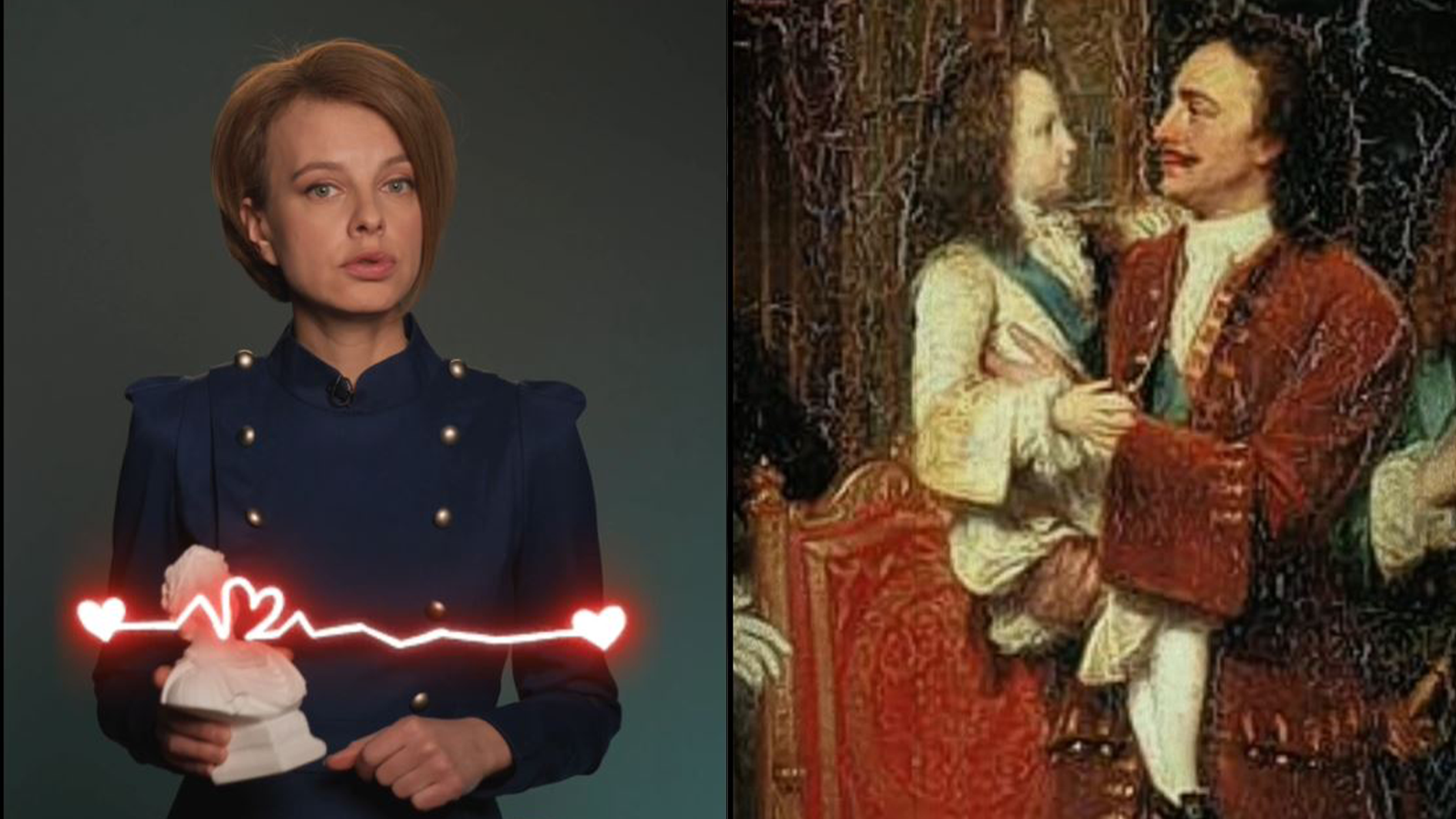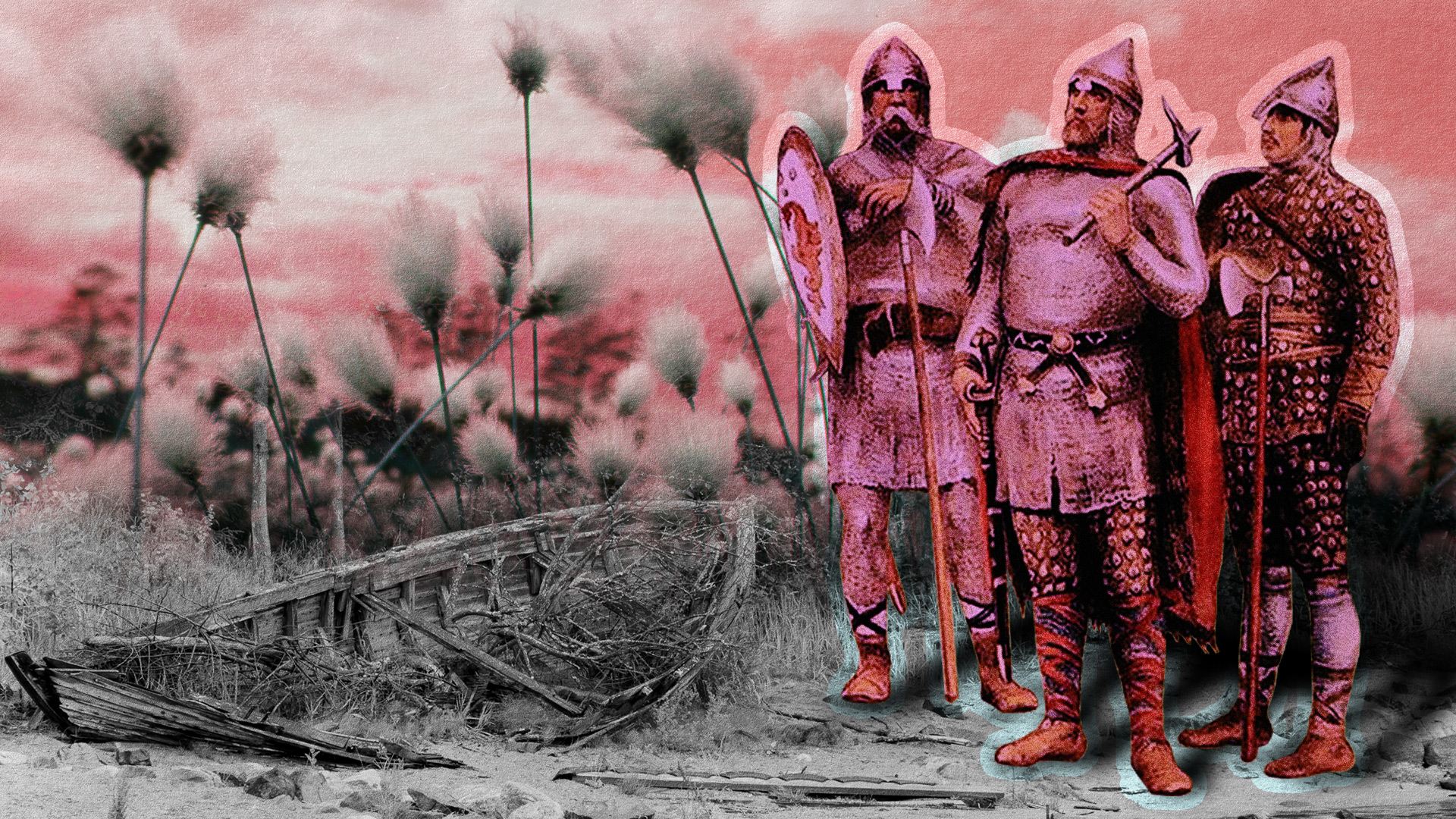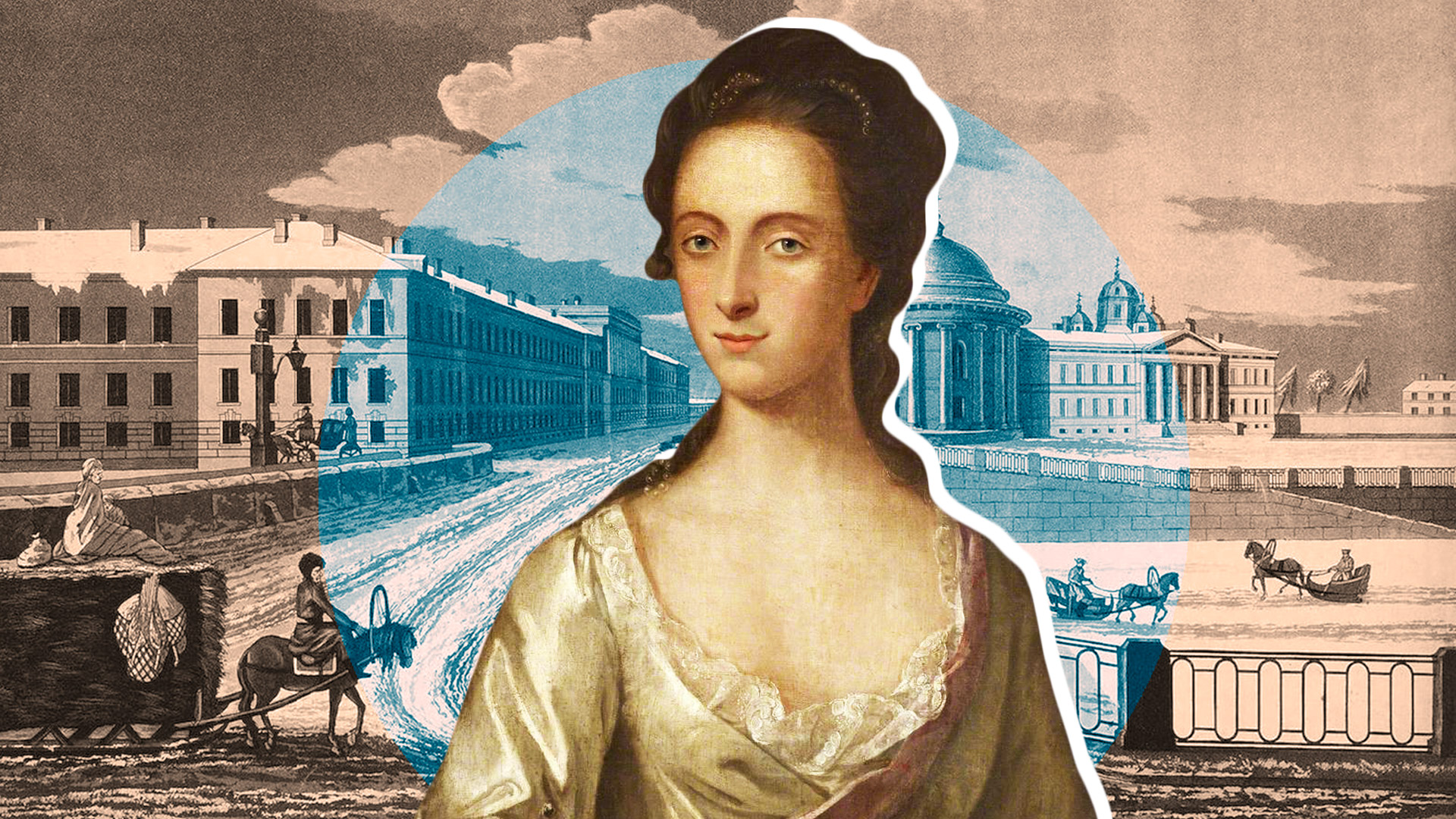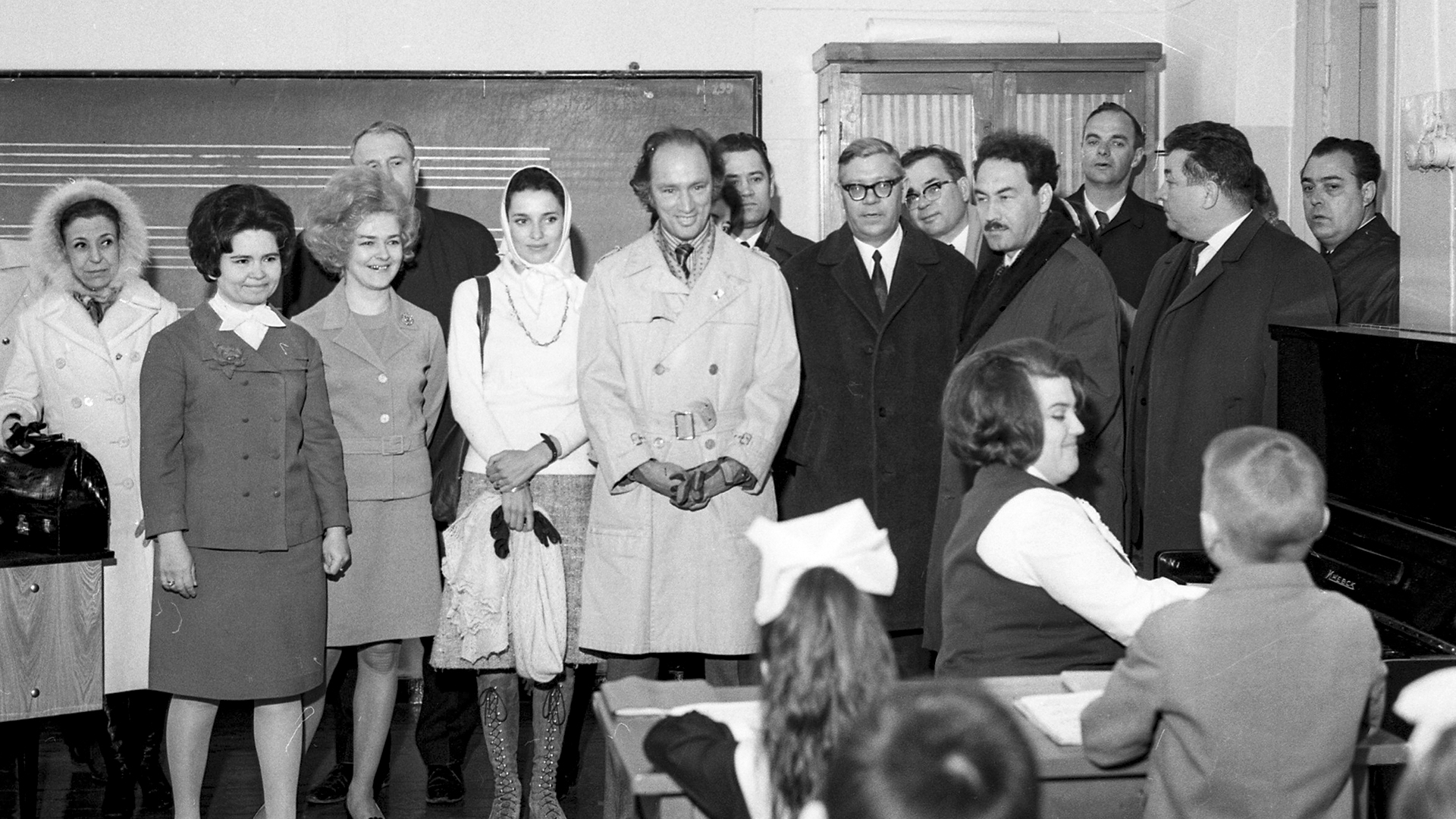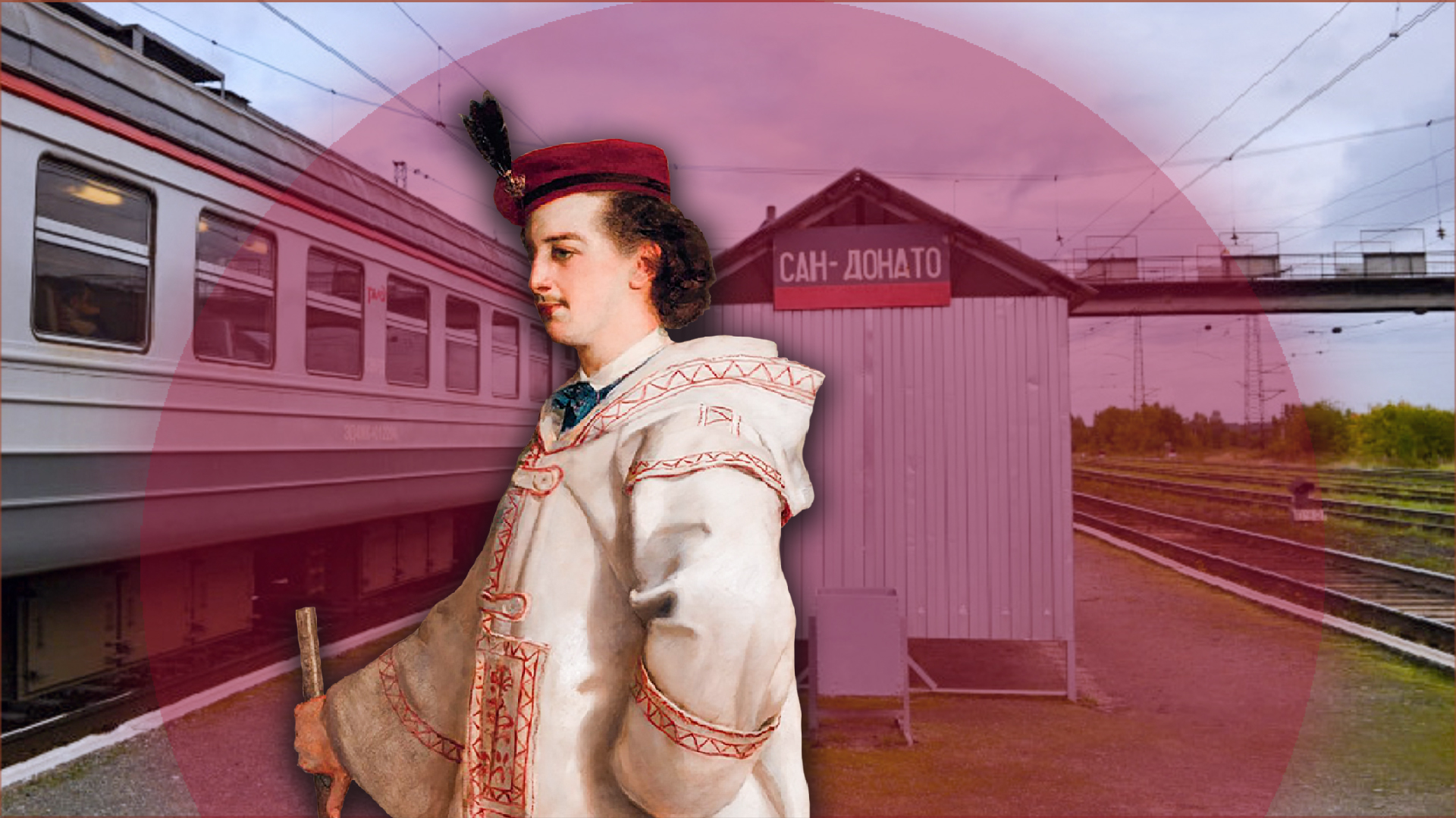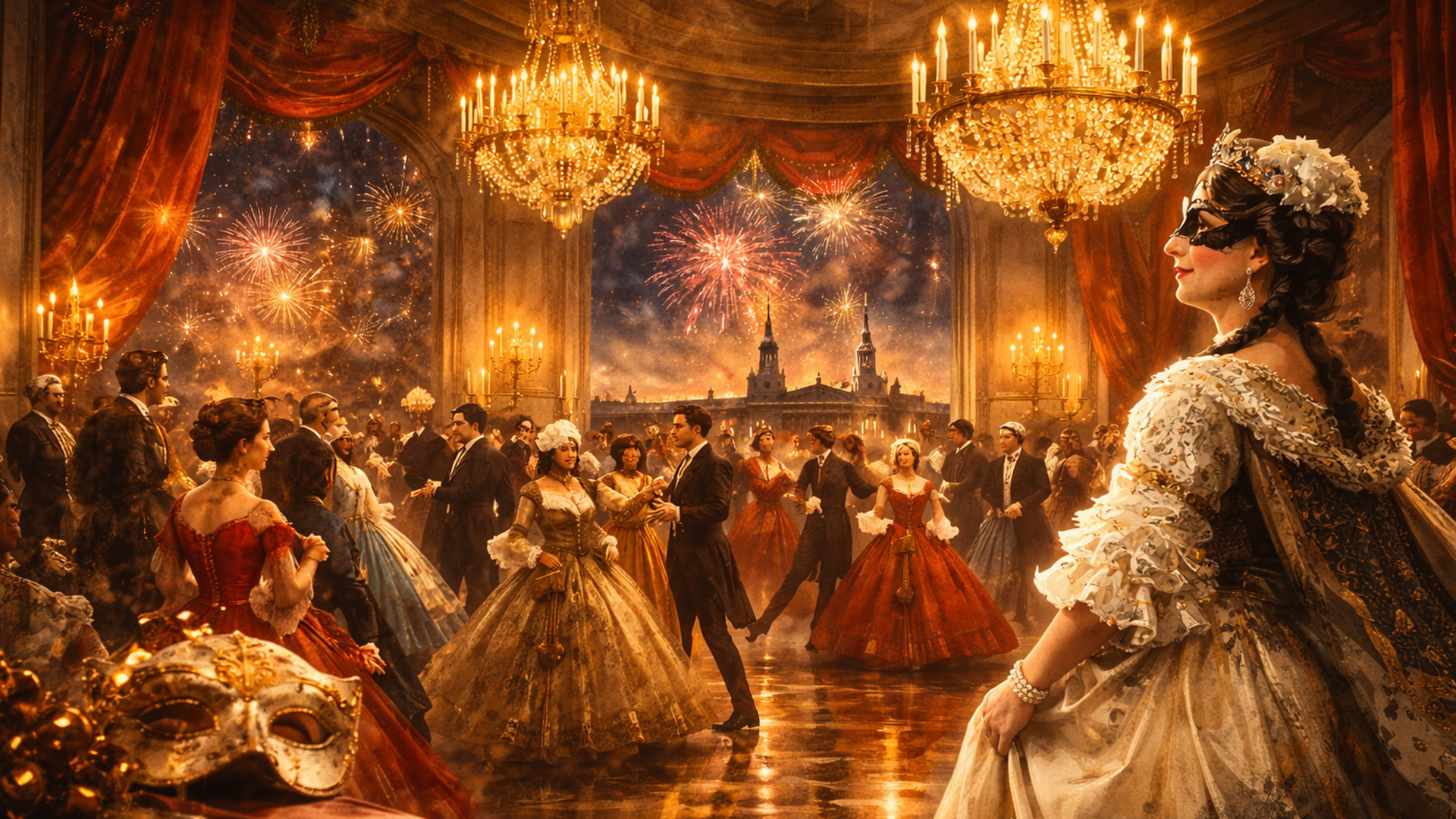
Who could become a millionaire in the USSR?
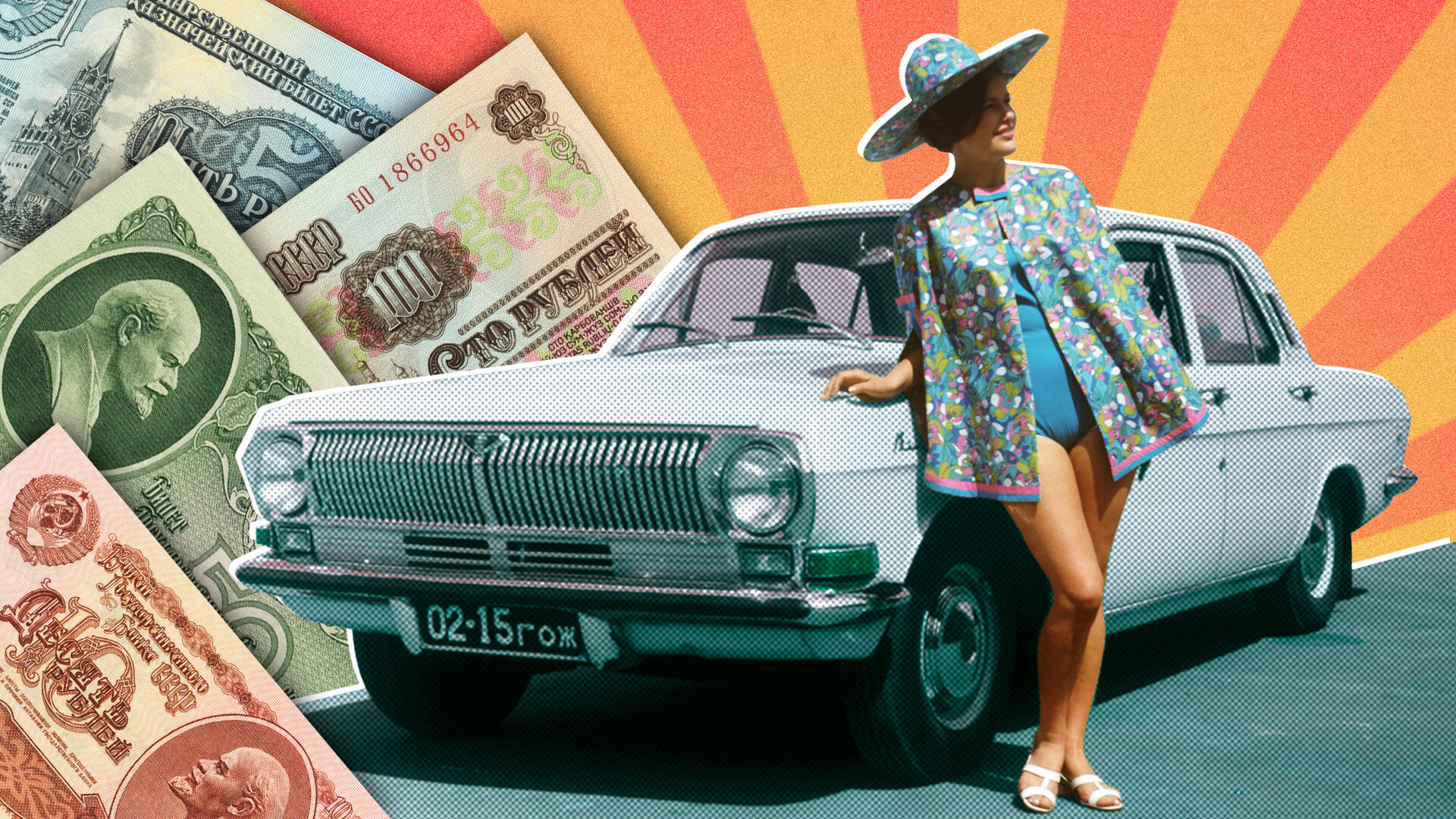
“They often say about me – ‘the first millionaire’,” Vadim Tumanov said in a 2015 interview. “Yes, of course, I earned a lot, because even ordinary artelschiks, wherever we worked, received more than regional Party committee secretaries! And the secretaries were mad with envy about it.”
‘Artelschiks’
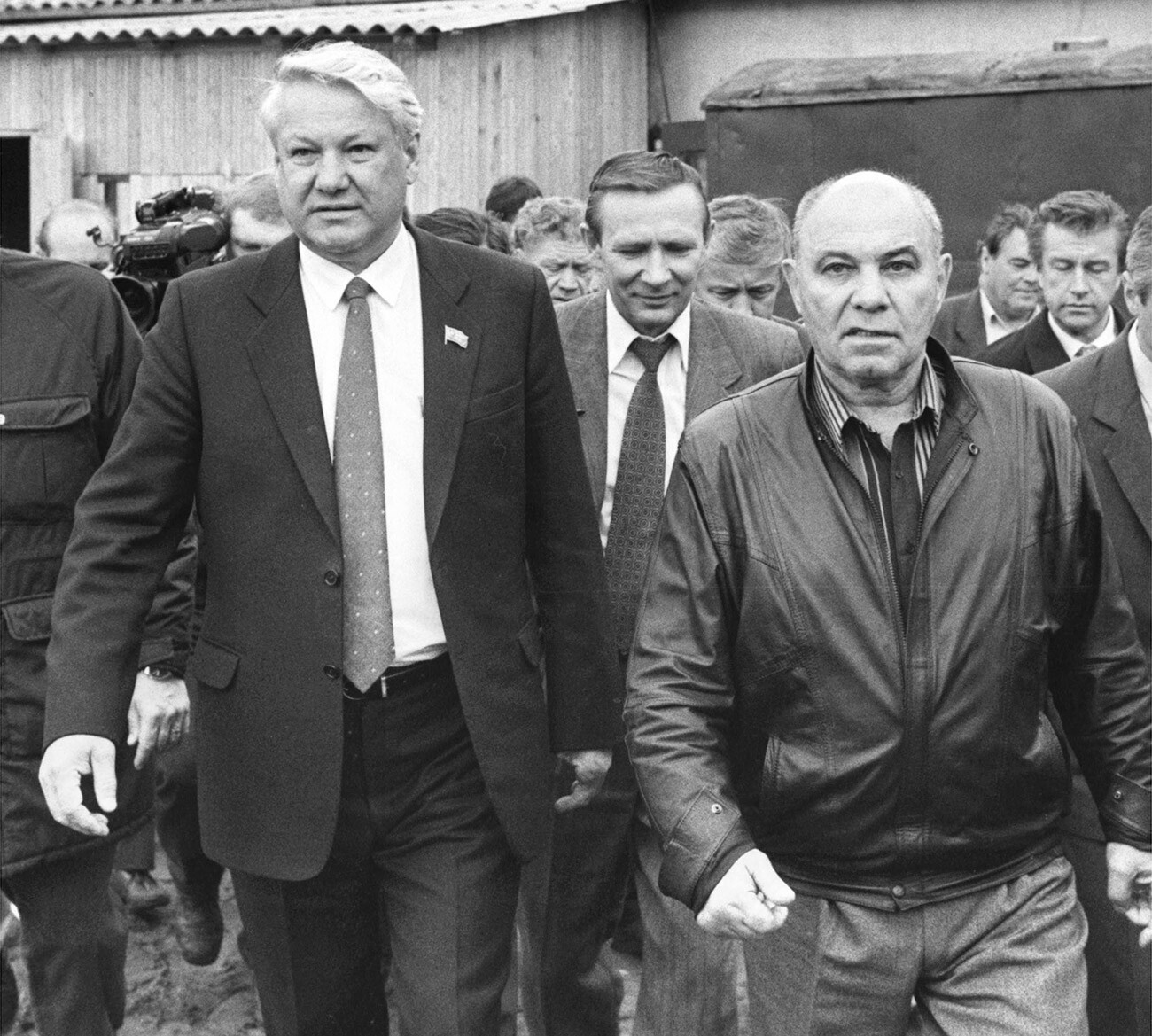 Boris Yeltsin, Nikolay Travkin and Vadim Tumanov
Boris Yeltsin, Nikolay Travkin and Vadim Tumanov
Vadim Tumanov was a famous head of a gold-digging artel called ‘Pechora’ and there were more artels like this one. Artels created by Tumanov alone, including ‘Amur’ artel, that operates to this day in the Russian Far East, have dug up more than 500 tons of gold in total (in the 1960s, the overall production of gold in the USSR was around 150-170 tons a year, so Tumanov’s artels were doing a considerable chunk of the work).
Artels were semi-formal working groups or collective that were omnipresent in the USSR’s economy. Artels produced furniture, toys, worked for seasonal industries like fishing, crop harvesting, collecting edible berries etc. But of course gold-digging artels were the most profitable. The state needed them because only experienced miners could dig up gold effectively. Artels were active up until the 1980s.
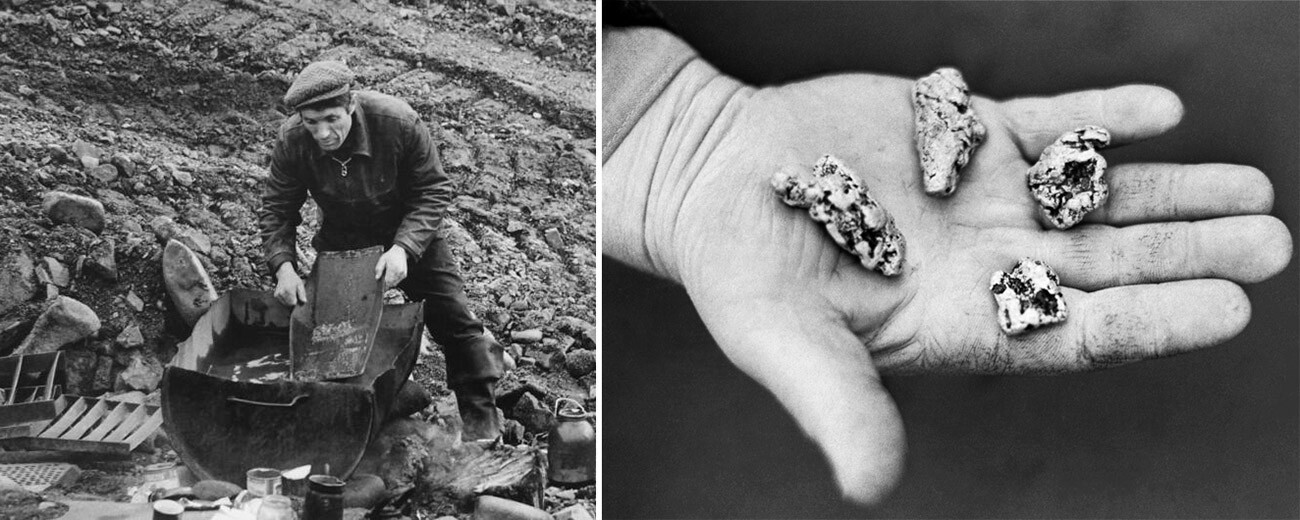 Rinsing the gold
Rinsing the gold
How much did Tumanov’s artelschiks earn? Working 12-hour shifts without days off, mostly in harsh northern conditions, they could earn around 10,000 rubles a season (3-4 months), which was an enormous salary, when even an official minister’s salary was around 1,000 rubles a month (after tax).
Party officials
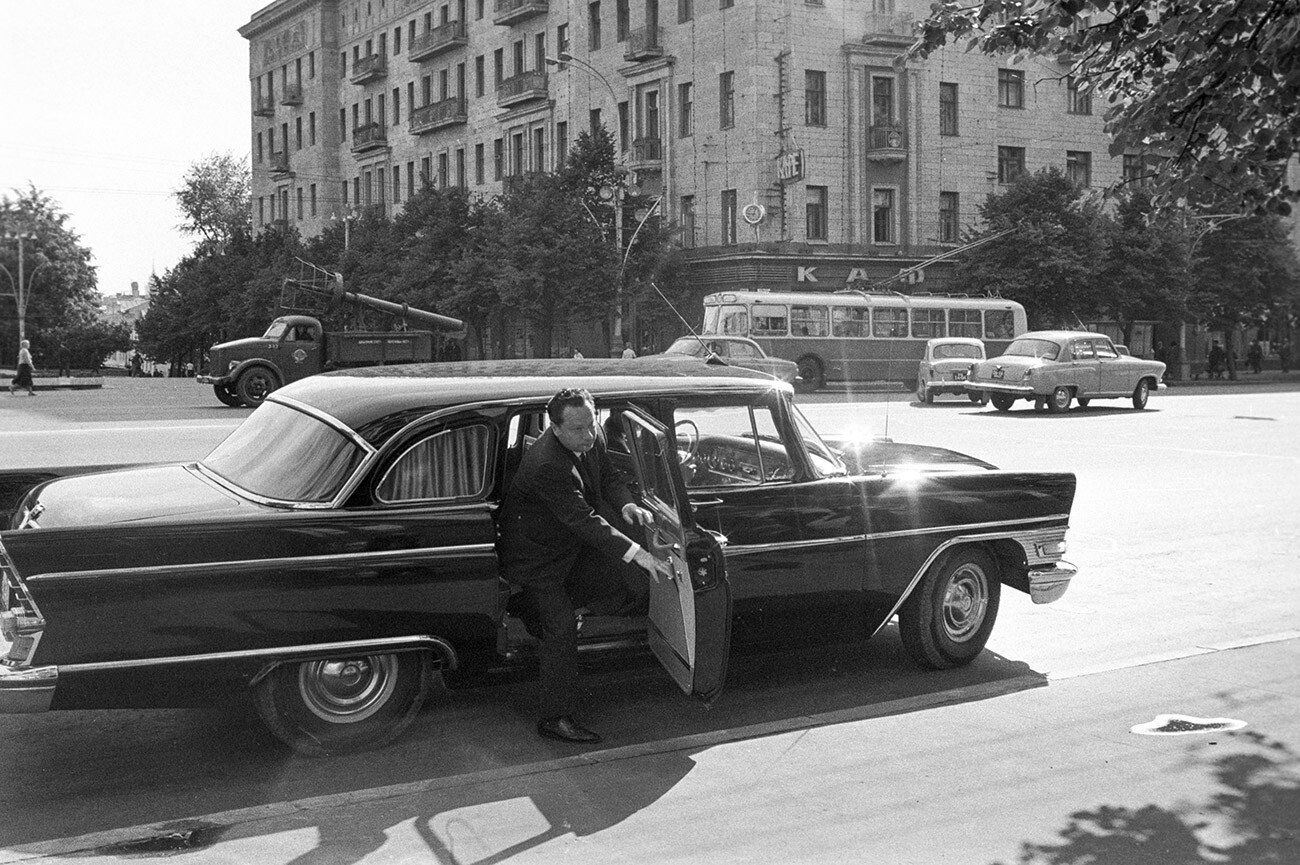 Chairman of the Executive Committee of the Moscow City Council Vladimir Fedorovich Promyslov exiting his car on Tverskaya street, Moscow
Chairman of the Executive Committee of the Moscow City Council Vladimir Fedorovich Promyslov exiting his car on Tverskaya street, Moscow
Communist Party officials were stape “rich people” of the USSR – everyone compared their salaries to the ones of the Party bosses. Party officials were better off than “simple” state officials – while the salary of a minister of the Soviet Union government was around 1,000 rubles, secretaries of the Central Committee of the CPSU (their rank was actually lower than that of the ministers) also earned around 1,000 rubles. The General Secretary of the Central Committee of the CPSU (Nikita Khrushchev, Leonid Brezhnev, Mikhail Gorbachev all occupied this position) earned 1,500 rubles a month.
How much did an ordinary Soviet worker earn?
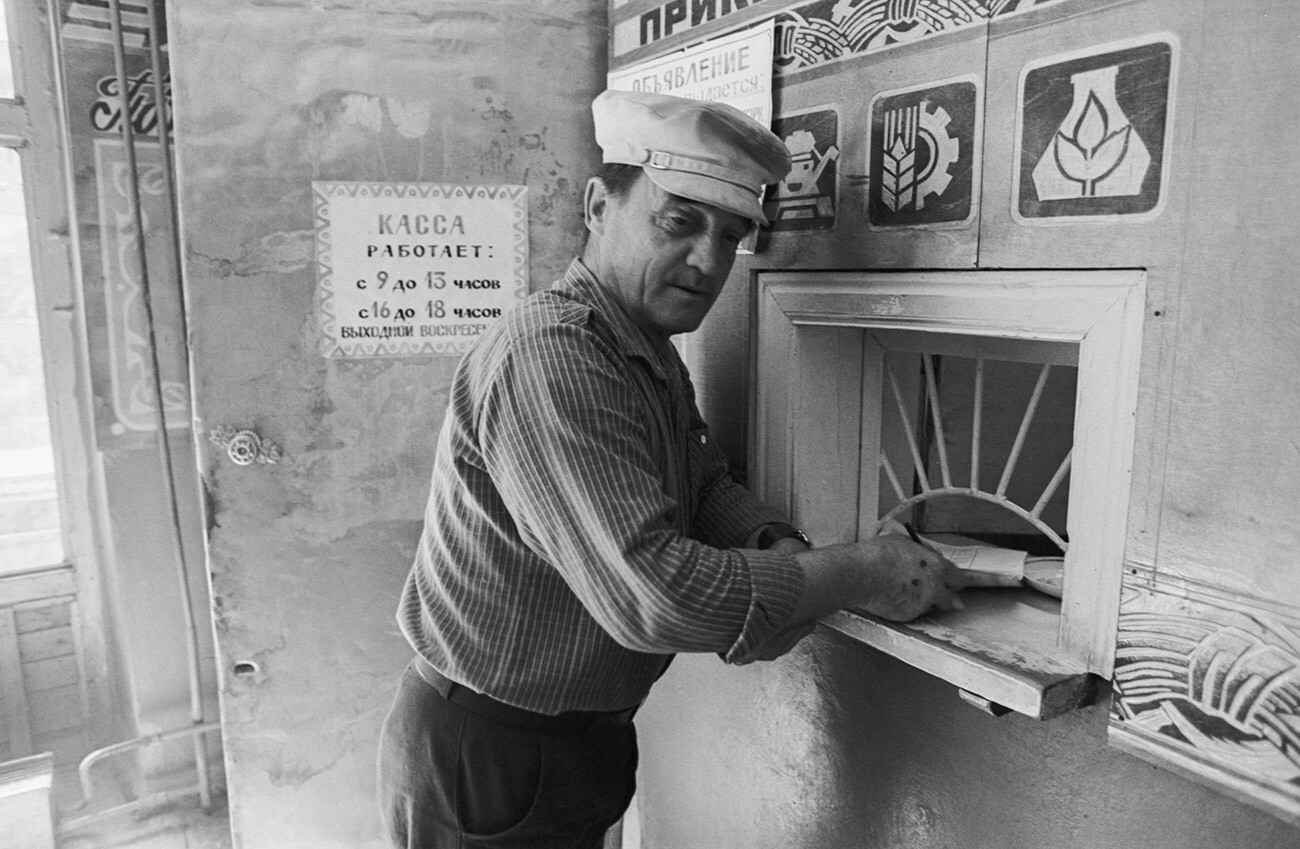 A worker at the cashier's office
A worker at the cashier's office
The average salary in the USSR in the 1970s and 1980s was about 150 rubles a month. Low-class workers (loaders, nurses, salespersons, cleaners, guards, janitors, etc.) received approx. 70-80 rubles. Jobs such as teachers, doctors, truck drivers, machine operators could earn up to 120-150 rubles, engineers – from 130 to 220 rubles. The salary of a high-profile experienced worker in production could reach 300-350 rubles. And a chief executive of a factory could earn 300-450 rubles a month.
Entertainer
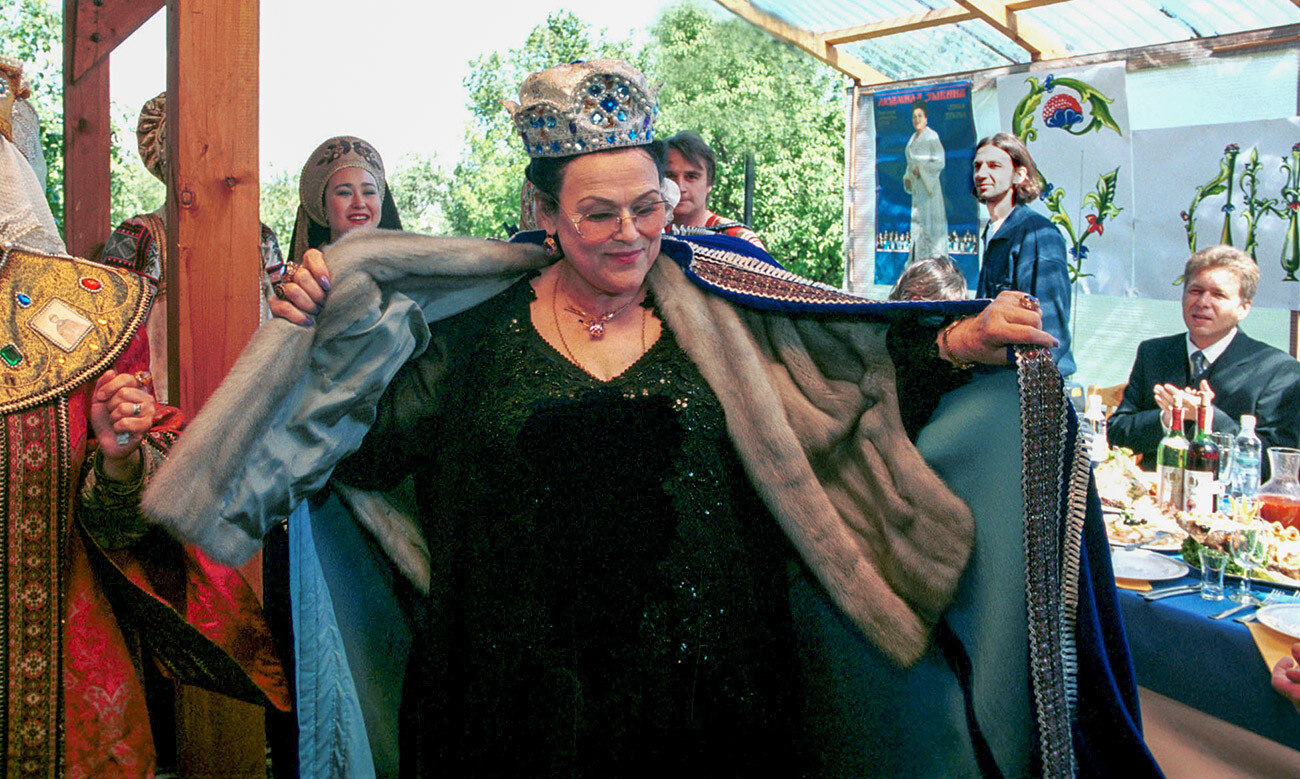 Lyudmila Zykina, the singer
Lyudmila Zykina, the singer
Being a famous singer, musician or spoken word artist really opened doors in the USSR. There were not many celebrities back then and, subsequently, they enjoyed lavish lifestyles.
Singers, musicians and other entertainers that were officially hired by the state, earned according to their status. Honored Artists of the republics or, even more, of the USSR, could earn up to 40 rubles for a single concert – a third of an engineer’s salary. People’s Artists earned even more. But, the real income was informal and received as gifts. For example, singer Lyudmila Zykina received a 127-diamond necklace from Geydar Aliev, Deputy Prime Minister of the USSR.
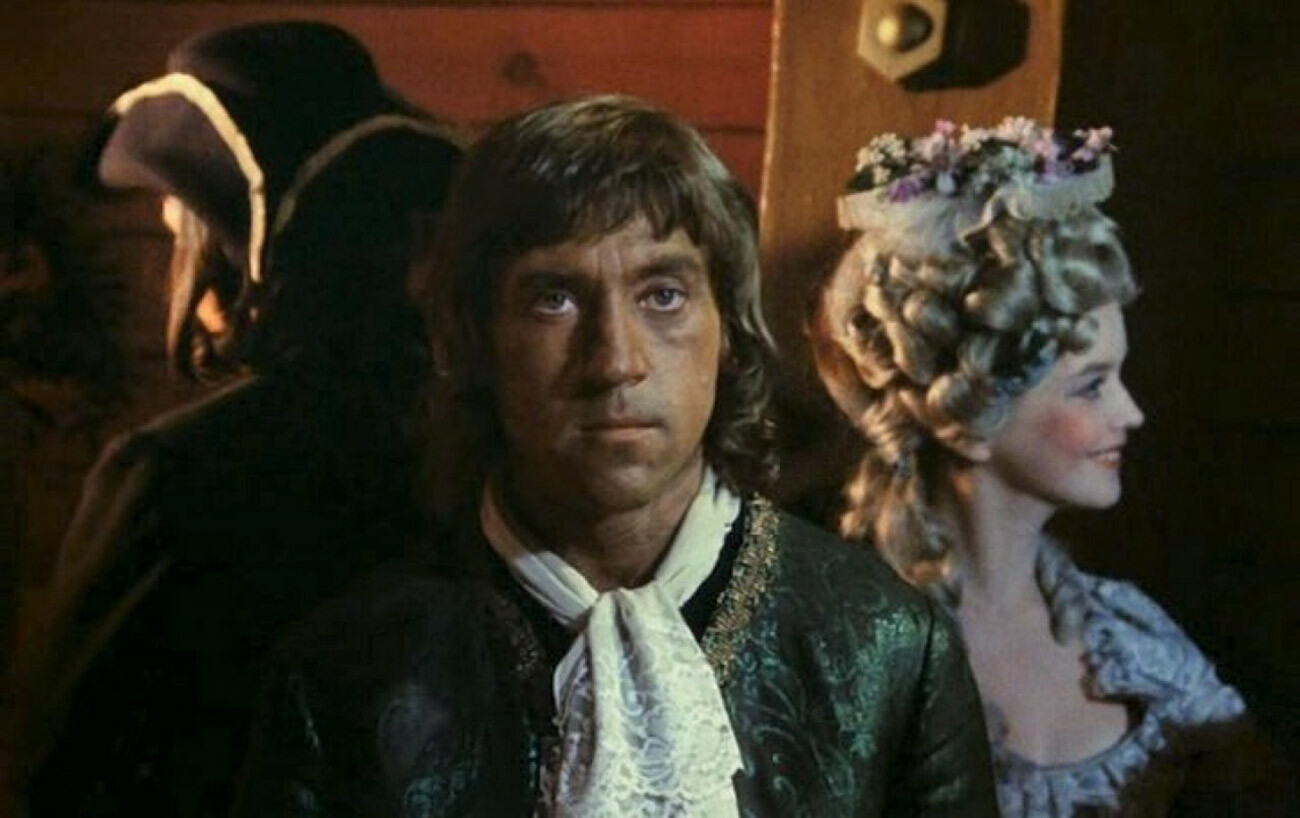 Vladimir Vysotsky as Abram Petrovich Gannibal in the movie "The Moor of Peter the Great"
Vladimir Vysotsky as Abram Petrovich Gannibal in the movie "The Moor of Peter the Great"
Official salaries of the singers and entertainers could differ considerably from their real income. Vladimir Vysotsky’s official salary for a single concert was just 11.50 rubles, while his underground and unofficial shows could earn him up to 500 rubles for each. Meanwhile, his salary as an actor was also very high – for playing the Arab of Peter the Great in the eponymous movie, Vysotsky allegedly received 3,450 rubles.
Writer/Poet
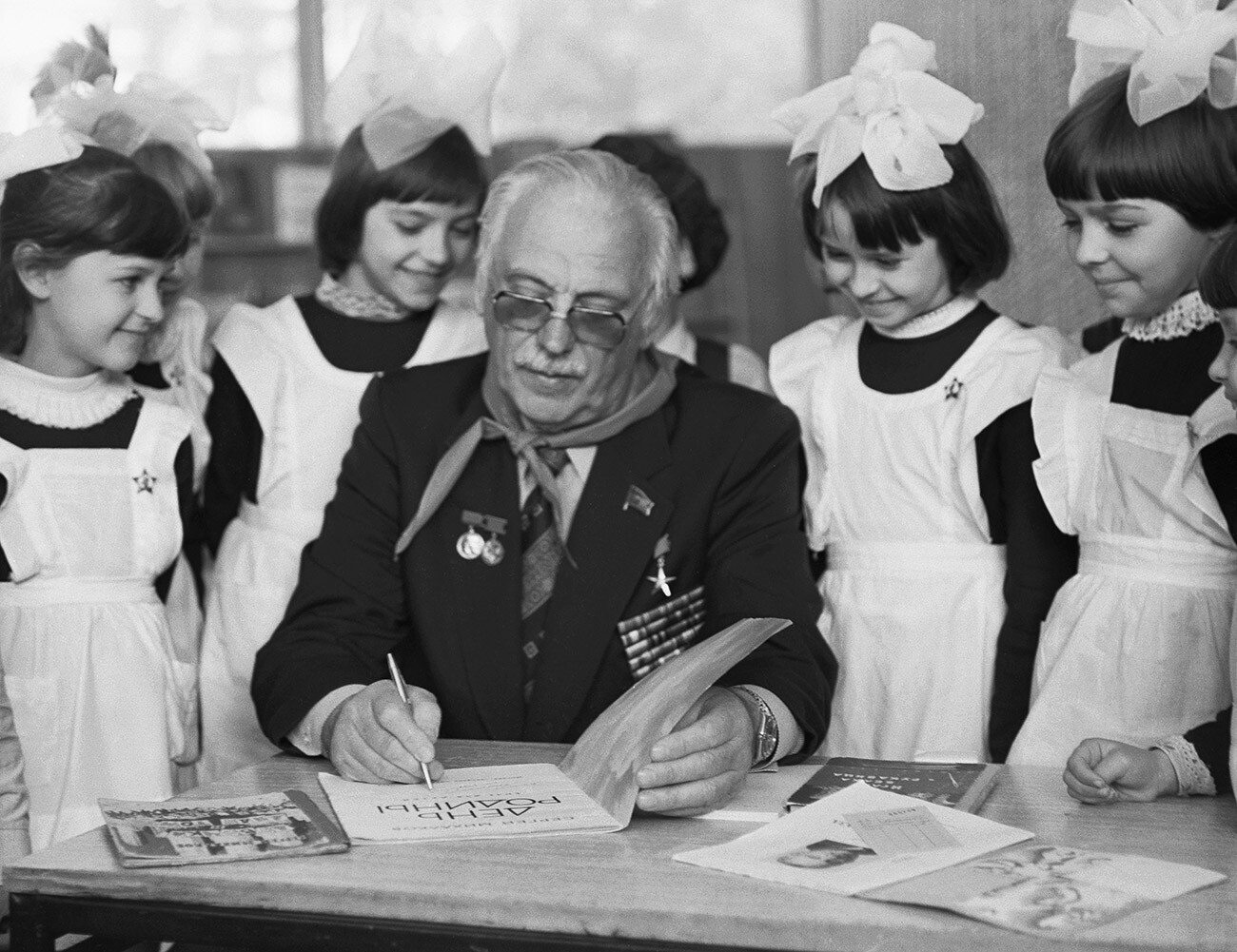 Writer Sergey Mikhalkov during a meeting with his little readers
Writer Sergey Mikhalkov during a meeting with his little readers
The income of writers and poets in the USSR consisted of their honorariums + royalties for each copy of their books, which means the more editions the book had, the wealthier its author became.
The honorariums could differ, considering the author’s status – from 250 to 800 rubles for 23-25 pages of printed text. However, the main income came from royalties. Sergey Mikhalkov, a children’s poet and the author of the lyrics to USSR’s hymn, was famous as probably the wealthiest of the Soviet writers – the overall circulation of his books was over 300 million copies.
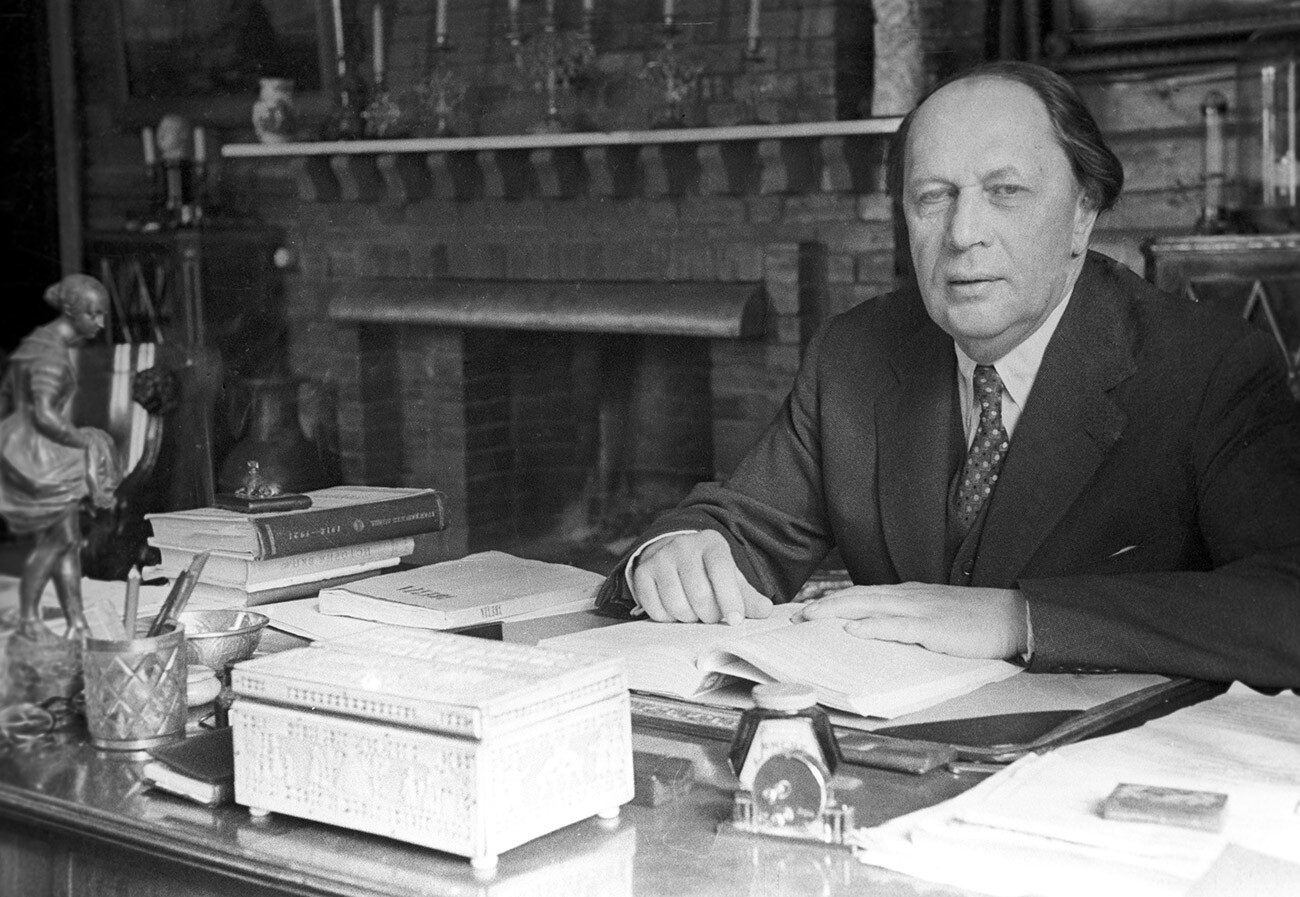 Aleksey Tolstoy, one of the USSR's most decorated writers, at his desk
Aleksey Tolstoy, one of the USSR's most decorated writers, at his desk
Playwright Anatoliy Baryanov, who is virtually unknown now in Russia, received 920,700 rubles in royalties in 1949 for stagings of his play ‘On the other side’. For comparison, a ‘Pobeda’ (‘Victory’), the most luxurious Soviet car of the 1950s, cost around 15 thousand rubles.
However, the main assets of writers, poets and playwrights didn’t belong to them. As “officially recognized” creative workers, members of the Union of Writers and other creative unions, they had the right to use corporate sanatoriums, received state-owned dachas and spacious apartments. However, all these luxuries could be revoked at any moment if a writer fell “out of grace” with the Communist Party administration.


